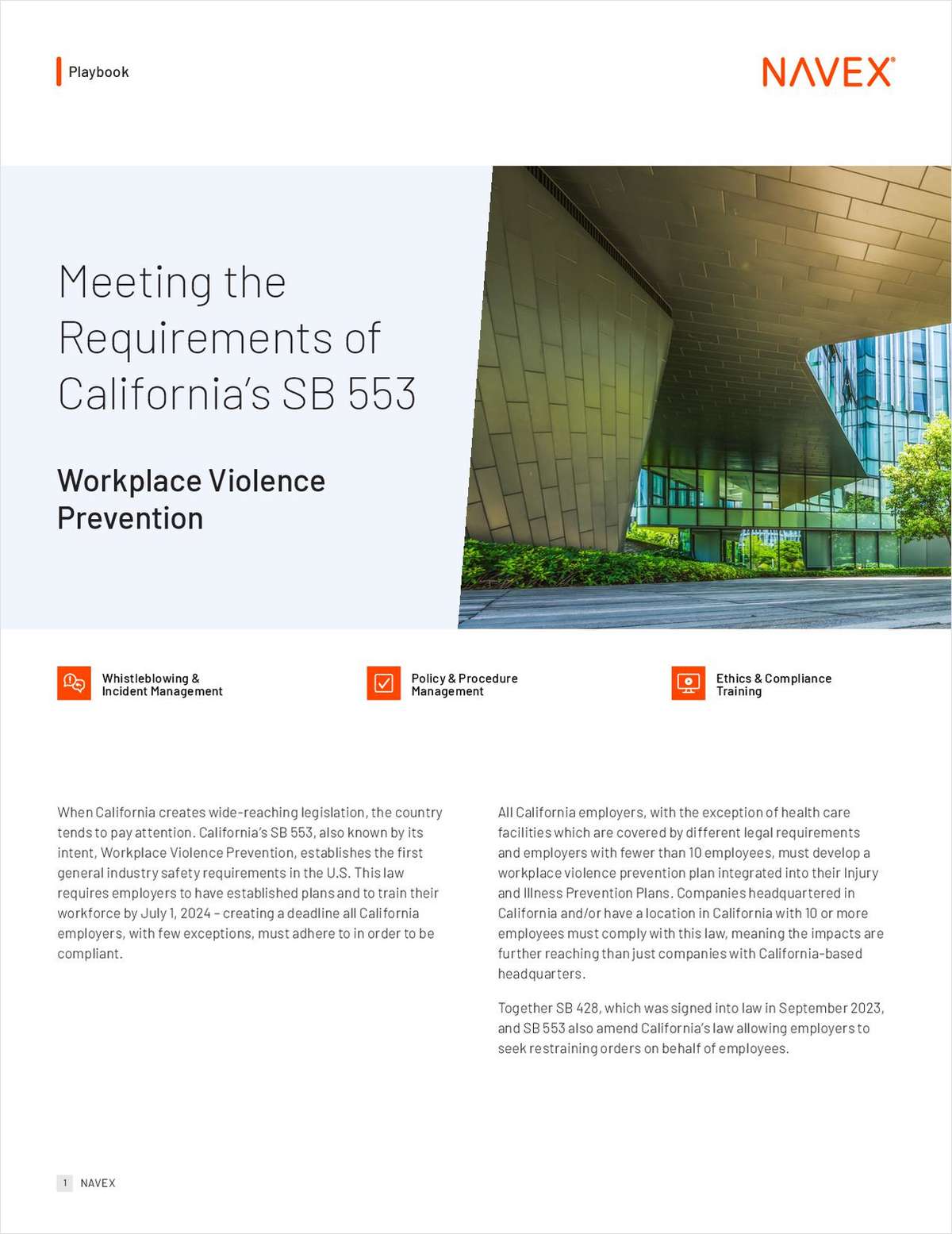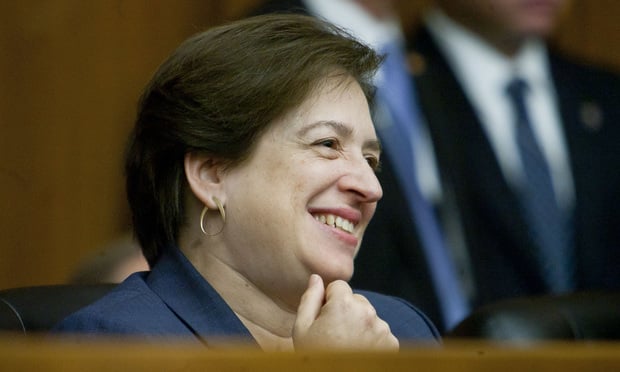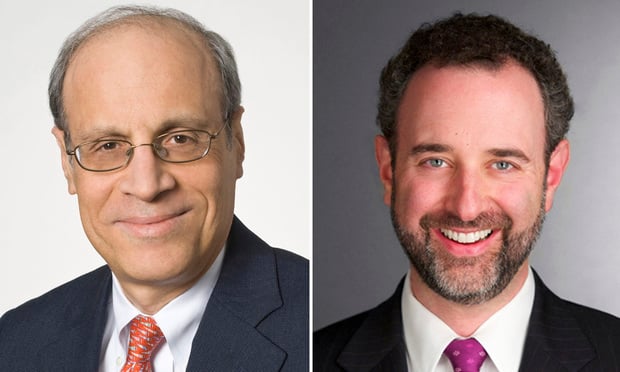New York Law Journal
Recent Takes From the Supreme Court and Federal Circuit on Attorney Fees Awards in Patent Cases
Daily Business Review
Who Copied Whom? Copyright, Breach of Contract Lawsuits Shroud Surfside Project
National Law Journal
Justices Seek Middle Ground in Trademark Damages Case
New York Law Journal
Can Use of a Generic Term in a Web Address Yield a Protectable Mark?
Texas Lawyer
2 Cases End, But Adler Still Suing Law Firms Over 'Texas Hammer' Trademark
Law.com
Adding '.com' Changes Everything, or Does It? Updates in Fourth Circuit Trademark Law
The Recorder
It's Game Over for Alleged Nintendo Pirate
New Jersey Law Journal
SCOTUS Ruling in 'Lexmark' Won't Help Downstream Seller of Industrial Machinery in Trademark Case
The Legal Intelligencer
Branding and Trademarks: Risk of Becoming Generic in Franchising
The Recorder
Law Firms Clash Over 'Emergent' Trademark
TRENDING STORIES

- The Year of Rethinking Partner Comp: How Pay, Tiers and Spreads Have Evolved
- How to Stem the Growing Technology Dissatisfaction among Midlevel Associates
- Are Law Firms Keeping Pace With Their Clients Business?
- ALM Market Analysis Report Series: Boston's Legal Market is in Growth Mode and Big Law Knows It
Featured Firms
Law Offices of Gary Martin Hays & Associates, P.C.
(470) 294-1674
Law Offices of Mark E. Salomone
(857) 444-6468
Smith & Hassler
(713) 739-1250
More from ALM
- Morgan & Morgan Class Action Attorneys Detail Pathway to Success Within Cybersecurity and Data Privacy Practice 1 minute read
- Holwell Shuster & Goldberg Partners Leverage 'Hostile' Witnesses to Secure $101 Million Verdict Against Walmart 1 minute read
- Legal Speak at General Counsel Conference Midwest 2024: Mike Andolina, Partner, White & Case 1 minute read
Resources

Data Management and Analytics: The Key to Success for Legal Operations
Brought to you by DiliTrust
Download Now

Small Law Firm Playbook: The Expert's Guide to Getting the Most Out of Legal Software
Brought to you by PracticePanther
Download Now

Strong & Hanni Solves Storage Woes--Learn How You Can, Too
Brought to you by Filevine
Download Now

Meeting the Requirements of California's SB 553: Workplace Violence Prevention
Brought to you by NAVEX Global
Download Now













